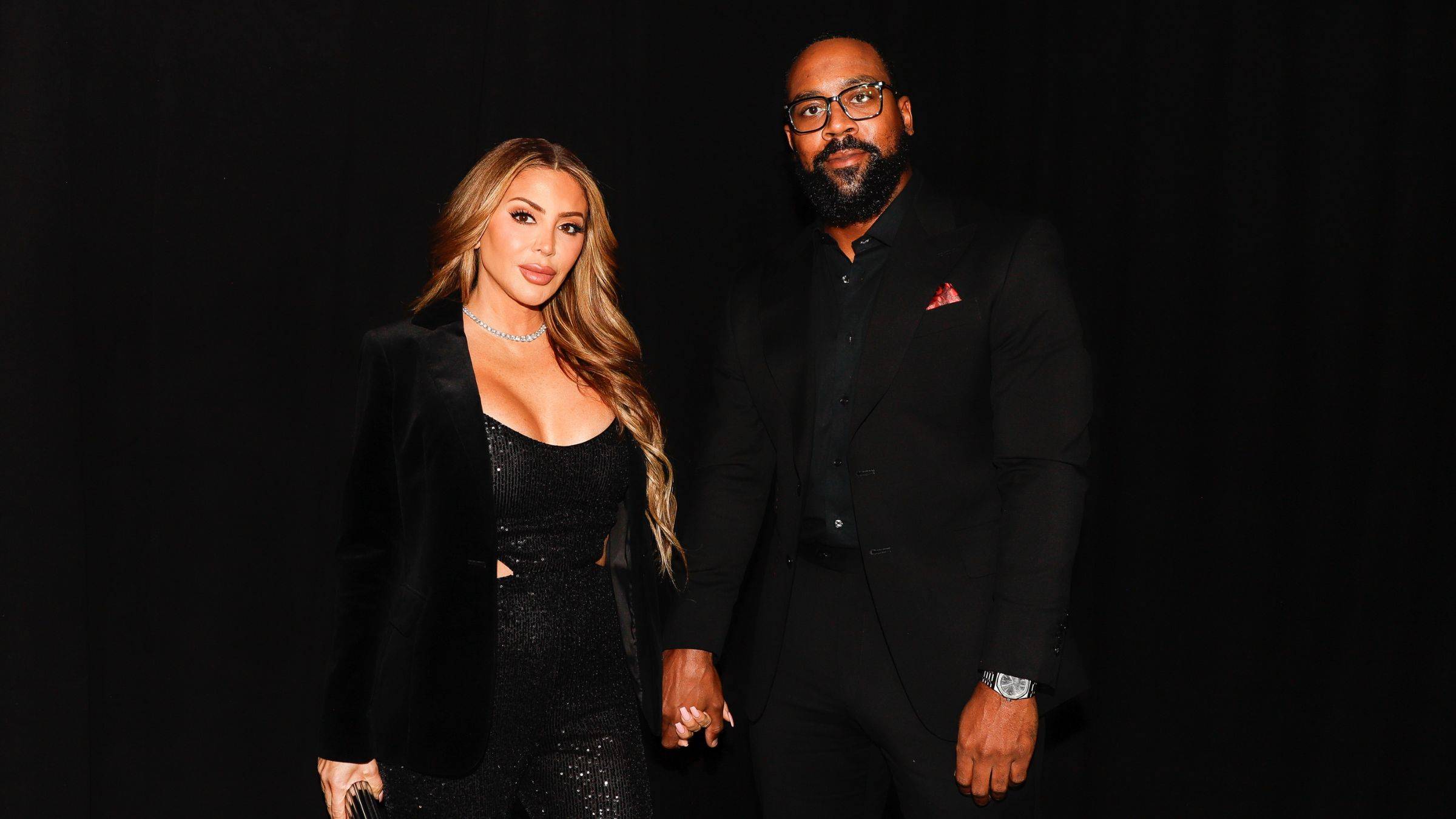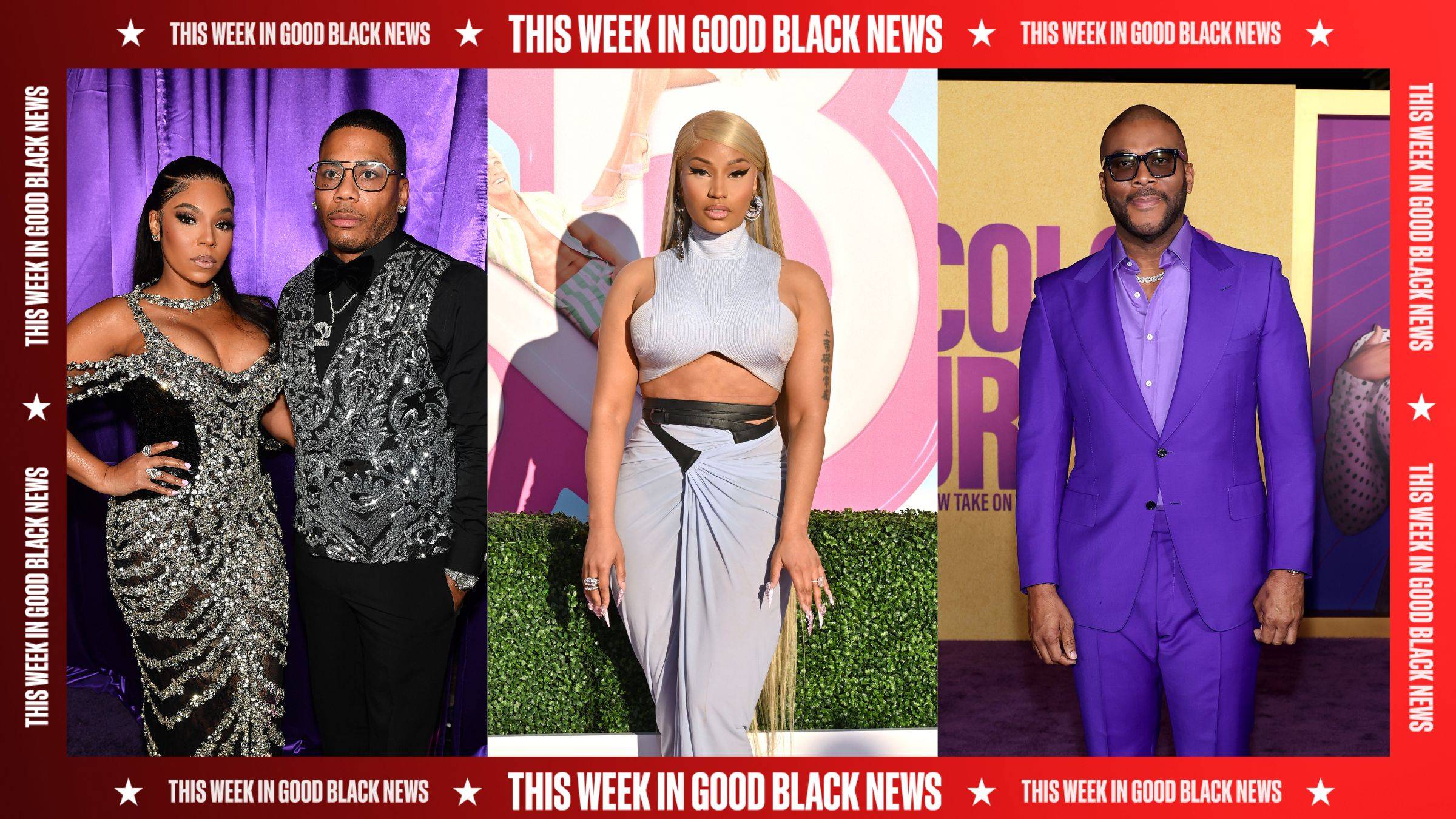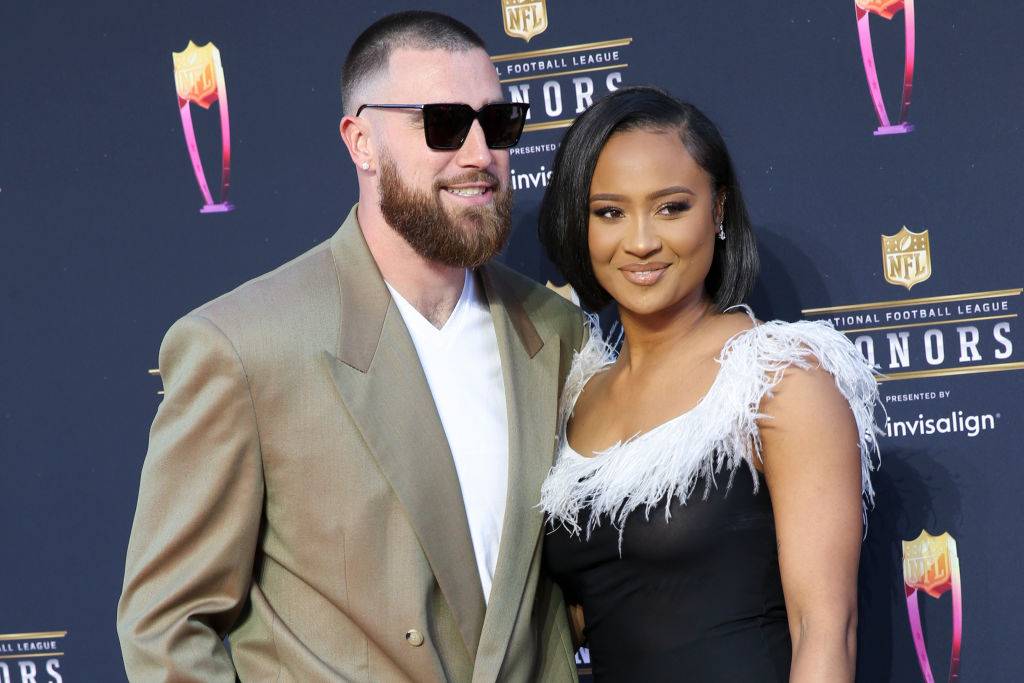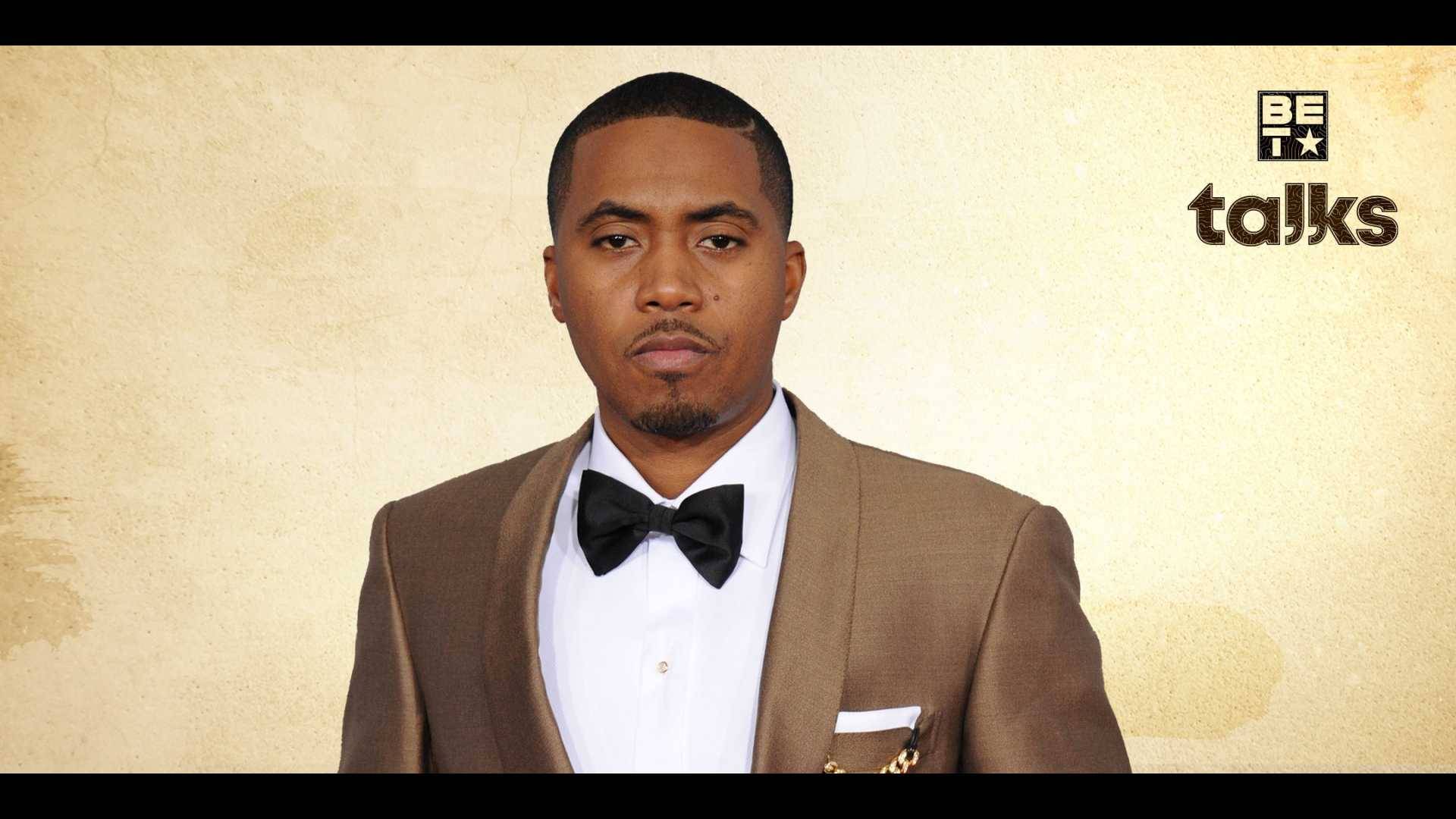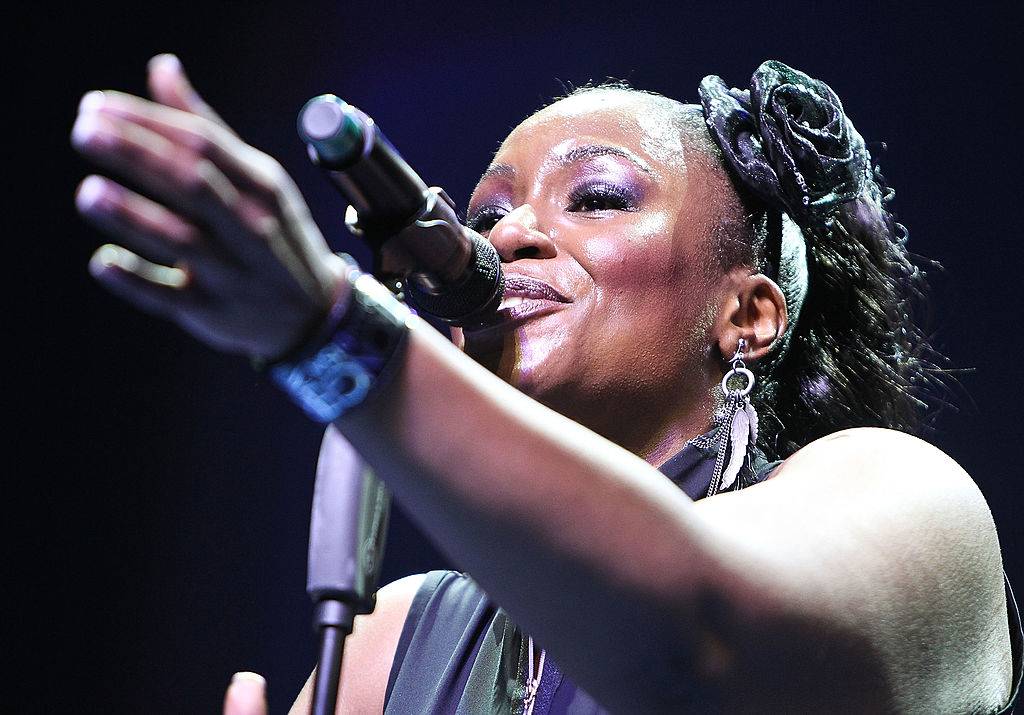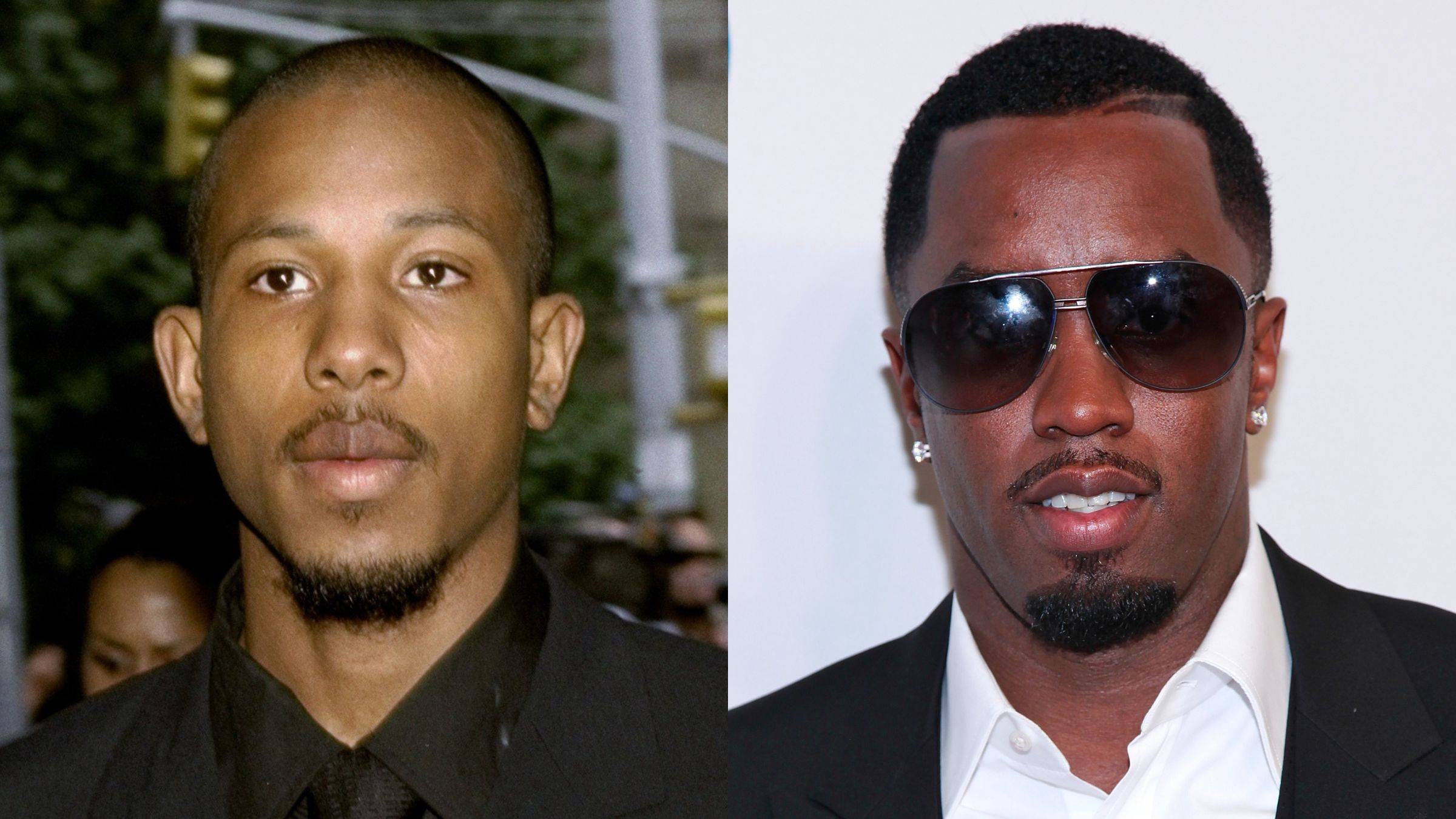From Chi-Raq to Hateful Eight : How Movies Handled Race in 2015
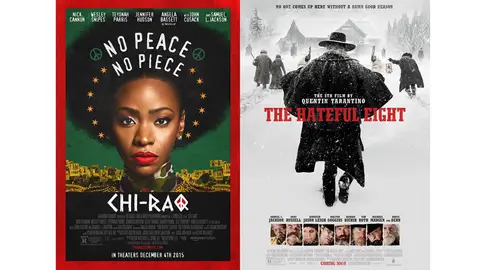
Every year, Hollywood puts out a film or two that deals with the issue of race. A couple of years ago, 12 Years a Slave and The Butler deftly explored slavery and civil rights, respectively. Last year at this time, Selma was racing towards an Oscar nomination. These films, as much as they shed a light on the darkest corners of American history, were relatively free from controversy. All of us — Black or white — could rally around them.
This year, however, the two biggest films to tackle the complexities of race strayed away from the traditional dramatic narrative with extremely controversial results. Spike Lee's Chi-Raq and Quentin Tarantino's The Hateful Eight have been the subject of boycotts, angry think pieces and the outrage of Black Twitter for stuffing life-or-death issues into genre's seemingly unbefitting. In the case of Chi-Raq, devastating Chicago gun violence was treated with satire. In The Hateful Eight, post-slavery racial tension became the butt of a joke in an ultra-violent Western, which liberally used the n-word.
It's clear why people are so angry with both these films: there's nothing amusing about racism. And who are Lee and Tarantino — both relative outsiders to the subjects they're exploring cinematically — to amuse themselves at the expense of Black lives and dignity?
Actually, they're exactly the people to do it. Spike Lee and Quentin Tarantino are artists, and their films present a complex narrative about race that doesn't tell you exactly what to think. Sure, you'll be angry. And uncomfortable. And you may not agree with what these filmmakers have to say. They probably don't finish the thoughts they spark, but it's not the job of art to solve political and social problems, only to force people into thinking about them differently.
Like it or not, these films make us explore the ugliness of past and current traumas through a new lens, arguably more effectively than the films to which we traditionally give that stamp of approval. Samuel L. Jackson, the lead in The Hateful Eight, said at a press conference for the film, “Quentin has this way of making us look at ourselves in this interesting sort of way.” Jackson's character Marquis Warren is a representation of what Tarantino thinks a marginalized person in an unjust world needs to be: strong, determined, ruthlessly practical and ultimately powerful.
Tarantino, who has long been a fan of the Western genre, added, "One thing that’s always been true is that there’s no real film genre that better reflects the values and the problems of a given decade than the Westerns made during that specific decade."
So what does The Hateful Eight say about the values and problems of today? Where hope, patience and submissiveness have failed, force has become necessary. A close look at the Black Lives Matter movement, with it's unwillingness to let you turn your eye from the systemic racism that flows through America today, is a perfect example.
Chi-Raq, meanwhile, is teeming with ideas relevant to today's "post-racial" America. From police brutality to Black-on-Black violence, gender politics and the way protest changes from generation to generation, it's Lee's most agenda-driven film since School Daze and Bamboozled. The iconic director has taken a lot of heat from the Black community — and Chicago natives in particular — for the way in which he chose to explore these issues. But can you deny that he has us talking?
Ironically, with Chi-Raq Lee is being accused of the same thing he criticized Tarantino for when Django Unchained came out in 2012. At the time, Lee tweeted, “American Slavery Was Not A Sergio Leone Spaghetti Western. It Was A Holocaust.” Earlier this month, Chicago native Chance the Rapper hurled a similar criticism at Spike, tweeting, "S**t is goofy and it's a bunch of ppl from NOT around here telling u to support that s**t. The people that made that s**t didn't do so to ‘Save Lives.’ It's exploitive and problematic.”
The point is, and the reason why these two films do actually reflect the values and problems of today, that the conversation around race has grown more complex than simple right or wrong. It's a messy problem, and one without a simple guidebook to help us understand or overcome. Samuel L. Jackson seems to understand this: why do you think he keeps popping up in the films of these two directors?
So don't be mad at Quentin and Spike for starting a conversation you don't want to have. Ultimately, we'll all be better off for it.
Watch Spike Lee talk about Black Lives Matter, Quentin Tarantino and the controversy surrounding Chi-Raq in our exclusive interview, below:
(Photos from left: 40 Acres & A Mule Filmworks / Lionsgate, Weinstein Company)
BET.com is your No. 1 source for Black celebrity news, photos, exclusive videos and all the latest in the world of hip hop and R&B music.
